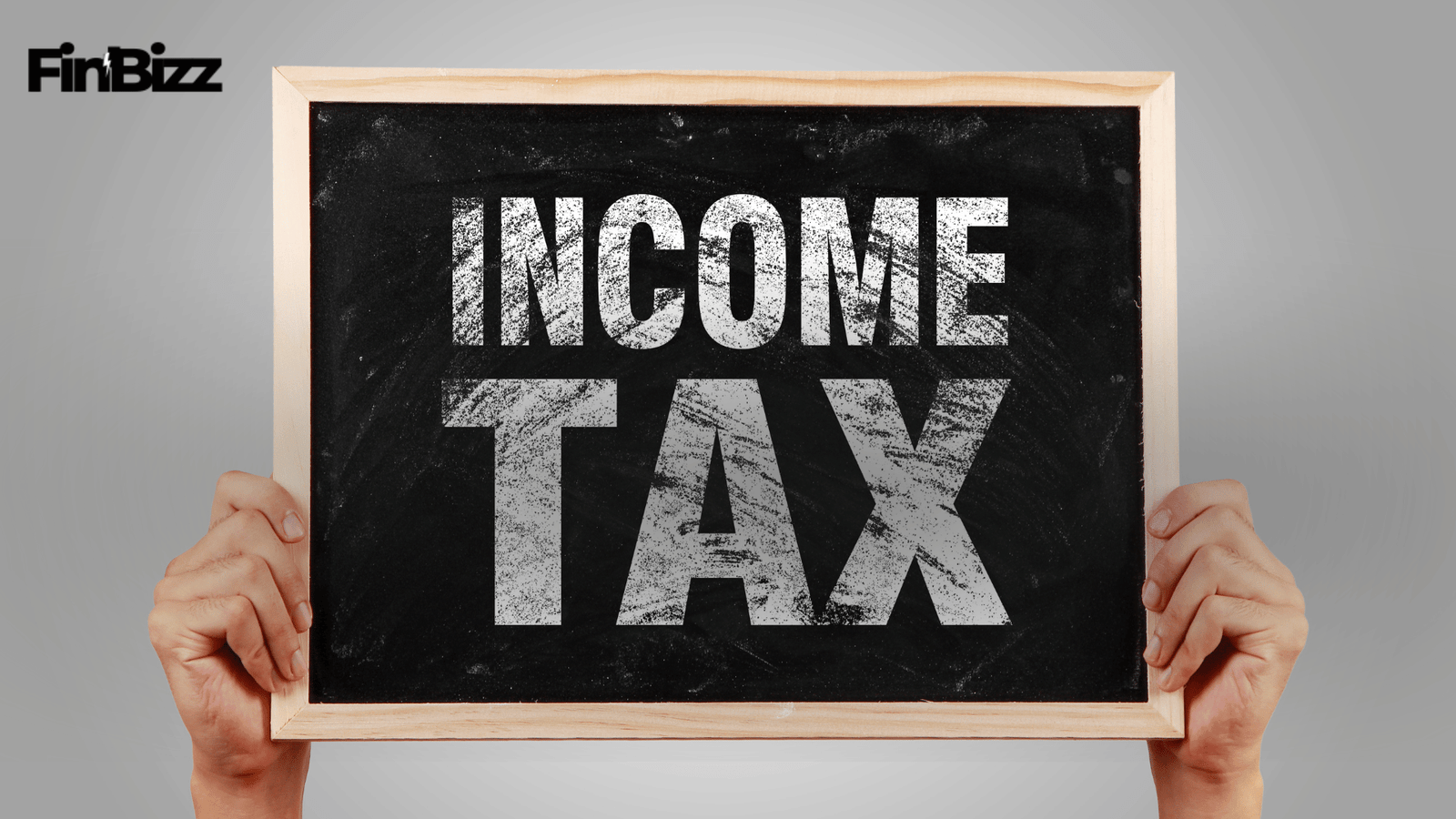Overview
Understanding how to calculate total income is fundamental for individuals and businesses to ensure proper tax reporting and compliance. Total income, often referred to as gross income, is the aggregate of all taxable income a person or entity earns in a financial year before any deductions are applied. This comprehensive guide by FinBizz will help you understand the components and the process of calculating total income under the Income Tax Act, 1961.

Components of Total Income
Total income is comprised of various sources of income, classified under five distinct heads as per the Income Tax Act. Here are the five heads of income:
- Income from Salaries: This includes wages, pensions, allowances, benefits in kind, and any other form of remuneration received as a result of employment or services rendered.
- Income from House Property: This includes rental income from property owned by the taxpayer, minus allowable deductions like municipal taxes paid and a standard deduction of 30% for repairs and maintenance.
- Profits and Gains of Business or Profession: This encompasses the income earned from a business or profession. Expenses incurred for the purpose of the business can be deducted from this income.
- Capital Gains: This head includes gains arising from the transfer of capital assets such as properties, shares, bonds, etc. There are specific rules for calculating short-term and long-term capital gains, including the application of the Cost Inflation Index for assets held over the long term.
- Income from Other Sources: This is a residual category that captures income not specifically covered under other heads. Common examples include interest from bank deposits, lottery winnings, and gifts taxable under the law.
Steps to Calculate Total Income
To calculate total income, follow these steps:
Step 1: Calculate Income Under Each Head
Start by determining your income under each head separately. This involves adding up all relevant incomes and subtracting permissible deductions specific to each income type.
- Salaries: Add all forms of monetary compensation, including allowances and bonuses. Deduct exemptions like HRA (House Rent Allowance), standard deduction, etc.
- House Property: Calculate the net rental income after deducting property taxes and applying the 30% standard deduction.
- Business or Profession: Sum up all business income and subtract allowable business expenses.
- Capital Gains: Total the gains from the sale of capital assets, applying necessary adjustments like indexation benefits.
- Other Sources: Aggregate all miscellaneous income sources.
Step 2: Aggregate the Incomes
Add up the net incomes calculated under each head to arrive at the Gross Total Income.
Step 3: Deduct Allowable Deductions
Subtract deductions under sections 80C to 80U of the Income Tax Act, which include investments in tax-saving instruments, health insurance premiums, education loans, donations, etc.
Step 4: Calculate Total Taxable Income
The figure obtained after subtracting the deductions from the Gross Total Income is your Total Income, which is the amount subject to income tax.

Example of Total Income Calculation
Suppose an individual has the following incomes and deductions:
- Salary: ₹800,000 (after exemptions)
- Rental Income: ₹300,000 (net after deductions)
- Business Income: ₹400,000 (net after expenses)
- Capital Gain: ₹200,000 (after indexation)
- Interest Income: ₹50,000
- Deductions under Section 80C: ₹150,000
Total Income Calculation:
- Gross Total Income = ₹800,000 + ₹300,000 + ₹400,000 + ₹200,000 + ₹50,000 = ₹1,750,000
- Total Income (Taxable) = Gross Total Income – Deductions = ₹1,750,000 – ₹150,000 = ₹1,600,000
Conclusion
Calculating total income correctly is essential for accurate tax assessment and compliance. By following the systematic approach outlined above and understanding the various components of income, taxpayers can ensure they report their income accurately and take advantage of all permissible deductions. For complex cases, FinBizz is always advisable to consult with a tax professional to navigate the intricacies of tax laws effectively.

FAQs
1. Are there any incomes that are completely exempt from being included in total income?
Ans. Yes, certain types of income, such as agricultural income and specific allowances for government employees, are exempt under the Income Tax Act.
2. Can losses under one head of income be adjusted against income from another head?
Ans. Yes, losses from one head of income can often be set off against income from another head, with some restrictions, particularly in the case of capital losses.
3. What should be done if one does not have income under any one of the heads?
Ans. If there is no income under a particular head, it is simply reported as zero, and the calculation proceeds with the other heads of income.




